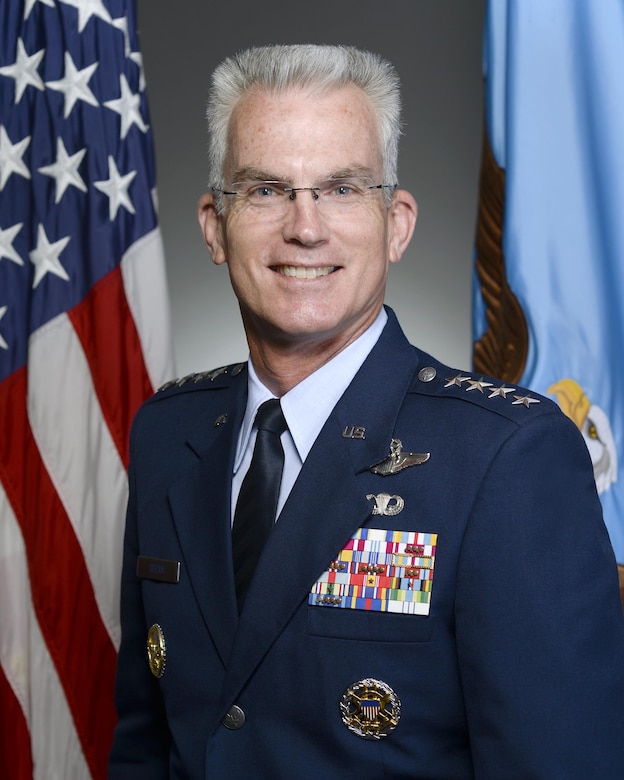By Terri Moon Cronk, DoD News, Defense Media Activity
WASHINGTON -- The National Defense University’s class of
2018 is part of a network that’s unique in its interagency, joint and combined
composition, Air Force Gen. Paul J. Selva, vice chairman of the Joint Chiefs of
Staff, told the graduates here today.
“You met students from other countries, you met students
from other parts of government and you developed relationships of trust and
understanding. You should use those relationships for the rest of your career,”
the vice chairman said, speaking at NDU on Fort McNair in Washington.
Selva told the graduates to take care of themselves and be
ready to give every bit of energy they have to be advocates for the people for
whom they work -- the men and women they will lead.
“Leadership is about
service, and you work for them, not the other way around,” he said. “If you're
not successful, they're not successful. And, if they're not successful, you are
not successful.”
The chairman told the class that each one of them is
“uniquely qualified to lead because you have proven it. You wouldn't be here if
that wasn't true.”
Thinking Strategically
At NDU for the past year, the students learned to think
strategically about the forces shaping the world today, and how they can use
all of the tools they have to help shape the world to be the place they want it
to be. But they must start with the world the way it is, he said.
“Because there are no military miracles, planning matters.
Strategy matters. Seeing the world as it is and applying the tools you have
learned here at NDU matters,” he said.
“It is the intersection of leadership and innovation that
make the changes in the way we conduct war. Look at the world we face today.
Russia and China are two compelling strategic challenges,” the chairman said.
“If we build a force that is capable of countering Russia
and China, we’ll have a force that’s capable of countering [rogue] regimes,
like Iran and North Korea,” he said. “But that same force may not be suitable
for countering violent extremism, which continually morphs and will be with us
for a very long time.”
That is the environment of today, Selva said -- one that’s
more complex and volatile than the United States and its allies have faced
since World War II.
‘No Nation Can Go It Alone’
“Like the members of the greatest generation, we learned
during that war no nation can go it alone,” he said. “Our allies and partners
multiply our capability. We are much greater than the sum of our parts. We are
substantially greater because we each bring unique capacity and capability to
the battlespace.”
As that battlespace continues to evolve, leaders must be
more agile, not only in their ability to protect power, but in their ability to
bring their allies and partners along with them, he said.
“Your job as leaders in our government and leaders in our military
and the militaries and governments of your nations, is to help our leaders
answer the tough questions of how to meet today’s challenges and how to prepare
for tomorrow’s threats, while shaping the world in a way that we want it shaped
to reflect our common values and our common interests,” Selva said.
“See the world as it is. Be honest in your assessment of how
we can apply the tools that exist to shape that world,” he said. “And be
realistic in your aspirations for what you can do and what you want to make the
world look like.”
The vice chairman also encouraged the class to be thankful
for their families and others who support them. “You owe a debt of gratitude to
your families,” he said.
At NDU today, College of International Security Affairs graduates
received a certificate or Master of Arts degree in strategic security studies
with concentrations in either counterterrorism, or South and Central Asia.
Eisenhower School graduates received a certificate or Master of Science degree
in national resource strategy. College of Information and Cyberspace graduates
received a certificate or Master of Science degree in government information
leadership. National War College graduates received a certificate or Master of
Science degree in national security strategy.








No comments:
Post a Comment